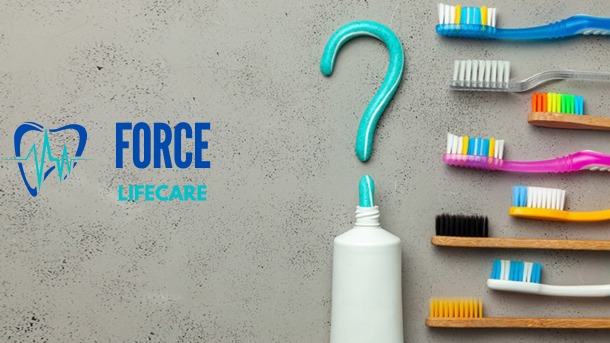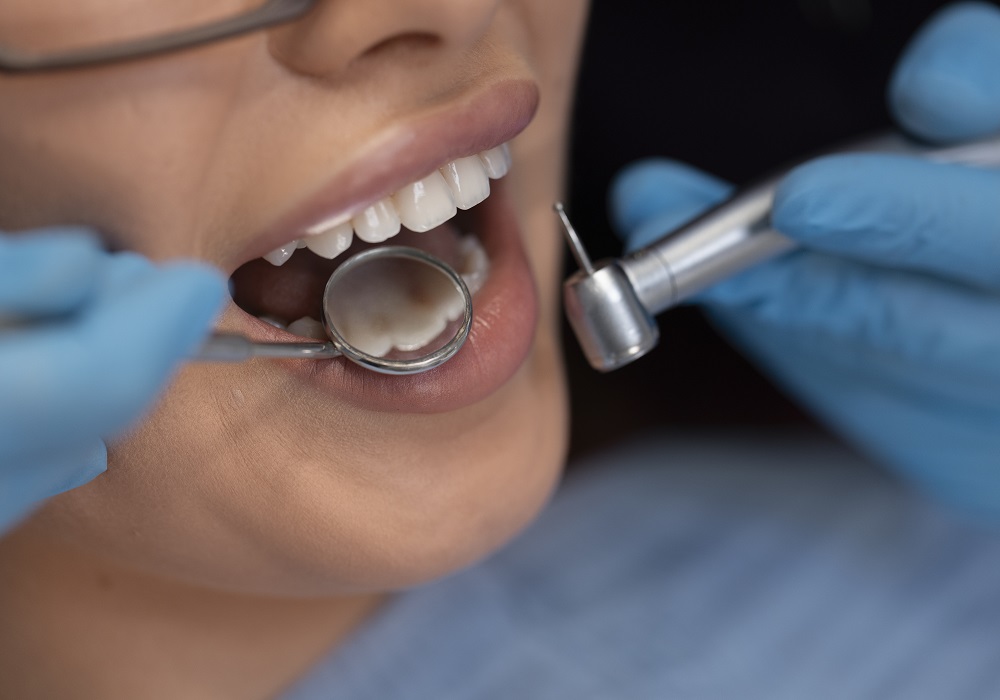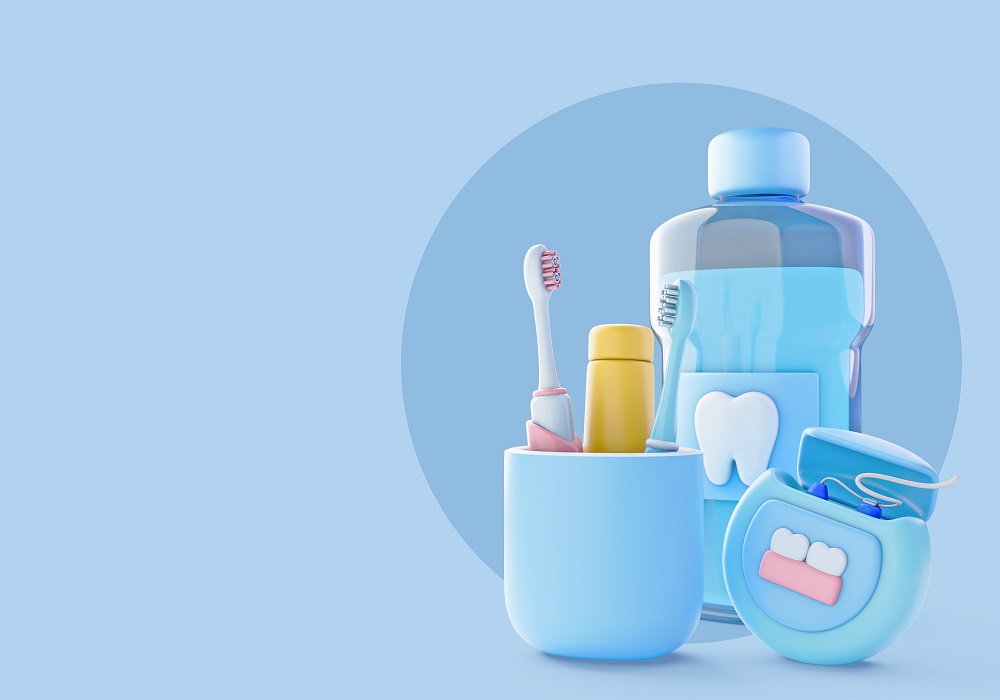Choosing a toothbrush and toothpaste is a crucial aspect of maintaining good oral hygiene. The most effective defence against tooth decay and gum disease is twice-daily brushing. After eating, it aids in removing food debris and plaque from a person's teeth and gums. These food fragments and plaque are turned into enamel-damaging acids by the bacteria in the mouth, which can result in dental problems including cavities and tooth infections.
Selecting the right toothpaste
Selecting the right toothpaste can depend on a variety of factors, including your individual dental needs and personal preferences. Here are some key factors to consider when choosing a toothpaste:
- Fluoride content: Fluoride is a mineral that strengthens tooth enamel and can help prevent tooth decay. If you are more likely to develop tooth decay, look for toothpaste with fluoride.
- Whitening qualities: Look for toothpaste with whitening qualities if you wish to brighten your smile. These toothpastes frequently have abrasive components that can clean teeth of surface stains.
- Tartar control: Look for toothpaste that specifically promotes tartar management if you are prone to developing tartar (hardened plaque) on your teeth.
- Sensitivity: Look for toothpaste that is made specifically for sensitive teeth if you have sensitive gums or teeth. These toothpastes frequently include components that can lessen tooth sensitivity.
- Natural ingredients: If you prefer to use natural products, look for toothpaste that contains natural ingredients such as baking soda, essential oils, or herbal extracts.
It's also important to remember that toothpaste alone cannot prevent all dental problems. It is important to maintain good oral hygiene habits, such as brushing twice a day, flossing daily, and visiting your dentist regularly.
Selecting the right toothbrush
Choosing the right toothbrush is essential for maintaining good oral hygiene. Here are some factors to consider when selecting a toothbrush:
- Bristle type: Natural or nylon materials can be used to make toothbrush bristles. The more prevalent nylon bristles come in three different bristle stiffness levels: mild, medium, and hard. A soft-bristled toothbrush is typically advised by dentists because it is gentler on the teeth and gums and less likely to cause harm.
- Brush heads are available in a variety of sizes. Pick a toothbrush head that is small enough to get to every part of your mouth, especially the back of your mouth where it can be difficult to reach.
- Type of handle: Toothbrush handles come in a variety of sizes and shapes. Select a handle that you can grip easily and that enables you to move the toothbrush around your mouth with ease.
- Electric or manual: Electric toothbrushes can be more effective in removing plaque than manual toothbrushes. However, manual toothbrushes can also be effective if used properly.
- ADA Seal of Approval: Look for toothbrushes that have been approved by the American Dental Association (ADA). The ADA Seal of Approval indicates that the toothbrush has been rigorously tested for safety and effectiveness.
Remember to replace your toothbrush every three to four months or when the bristles become frayed. A worn toothbrush will not effectively clean your teeth and can also harbor harmful bacteria.
FAQ
What is more important toothpaste or toothbrush?
The maintenance of proper oral hygiene requires the use of both toothpaste and a toothbrush. While a toothbrush physically eliminates plaque and food particles from your teeth and gums, toothpaste aids in oral hygiene and breath freshening.
Fluoride, a component of toothpaste, serves to fortify tooth enamel and stave off tooth decay. Additionally, it has gentle abrasives that aid in removing surface stains from your teeth. In addition, some toothpaste has unique components for treating certain dental conditions like sensitivity, tartar control, or whitening.
The physical removal of food particles and plaque from your teeth and gums with a toothbrush, on the other hand, helps to prevent cavities and gum disease. Bacteria that cause bad breath can be eliminated by brushing your teeth with a toothbrush twice a day.
Brushing your teeth without toothpaste is still better than not brushing at all. The mechanical action of the toothbrush bristles removes plaque and food particles from your teeth, which helps to prevent tooth decay and gum disease. However, toothpaste is specifically designed to enhance the cleaning action of the toothbrush and provide additional benefits for your oral health.



 Dental Checkup Services
Dental Checkup Services
 Our range of products
Our range of products
 Oral Care Blogs
Oral Care Blogs

Recent Comments